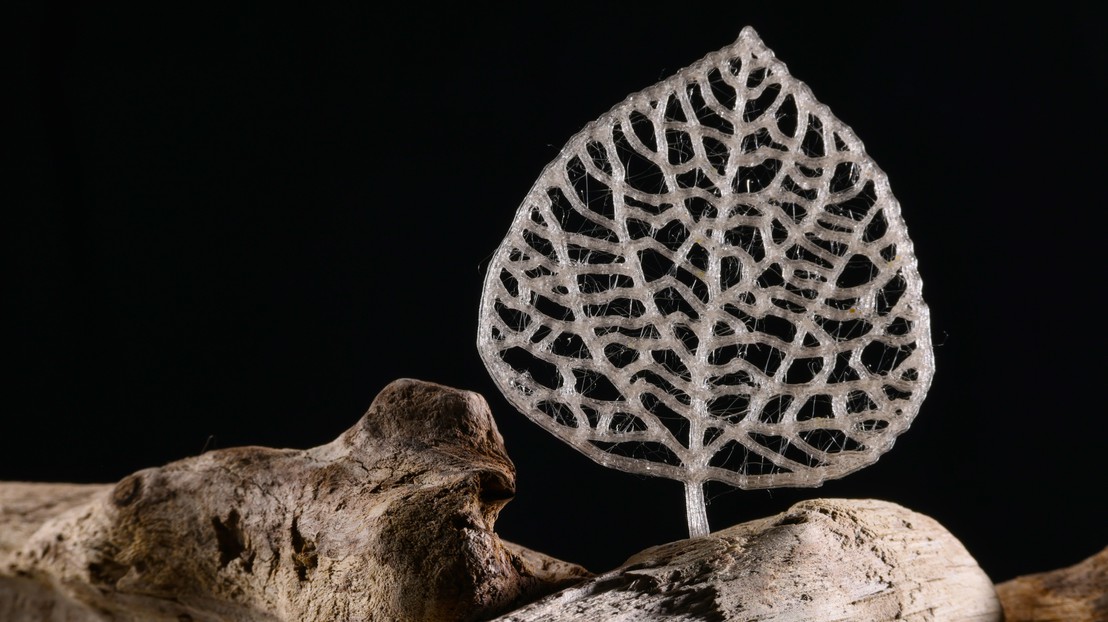
PET-like plastic developed from biomass waste

Scientists in Switzerland and Austria have created a new PET-like recyclable plastic that can be easily made from the non-edible parts of plants. The promising tough, heat-resistant plastic could be used for food packaging.
Researchers from the Federal Institute of Technology Lausanne (EPFL) and the University of Natural Resources and Life Sciences, Vienna, have successfully developed a plastic from biomass, similar to PET, that meets the criteria as an environmentally friendly alternative to several existing plastics.
Numerous scientists around the world are working on degradable or recyclable polymers made from non-edible plant material, or “lignocellulosic biomass”. But the research is complex. Now teams in Switzerland and Austria, led by Jeremy Luterbacher at EPFL’s School of Basic Sciences, believe they have found an ideal solution.
“We essentially just ‘cook’ wood or other non-edible plant material, such as agricultural wastes, in inexpensive chemicals to produce the plastic precursor in one step,” says Luterbacher. “By keeping the sugar structure intact within the molecular structure of the plastic, the chemistry is much simpler than current alternatives.”
The technique is based on a discovery that Luterbacher and his colleagues published in 2016External link, where adding an aldehyde, an organic compound, stabilised certain parts of plant material and prevented their destruction during extraction.
“By using a different aldehyde – glyoxylic acid instead of formaldehyde – we could simply clip ‘sticky’ groups onto both sides of the sugar molecules, which then allows them to act as plastic building blocks,” explains Lorenz Manker, the study’s first author. “By using this simple technique, we are able to convert up to 25% of the weight of agricultural waste, or 95% of purified sugar, into plastic.”
The plastics produced could potentially have a wide range of uses, say the researchers: from packaging and textiles to medicine and electronics. The team have already developed packaging films, fibres that could be spun into clothing or other textiles, and filaments for 3D-printing.
“The plastic has very exciting properties, notably for applications like food packaging,” says Luterbacher. “And what makes the plastic unique is the presence of the intact sugar structure. This makes it incredibly easy to make because you don’t have to modify what nature gives you, and simple to degrade because it can go back to a molecule that is already abundant in nature.”
Their work was publishedExternal link in Nature journal.

In compliance with the JTI standards
More: SWI swissinfo.ch certified by the Journalism Trust Initiative




























You can find an overview of ongoing debates with our journalists here . Please join us!
If you want to start a conversation about a topic raised in this article or want to report factual errors, email us at english@swissinfo.ch.